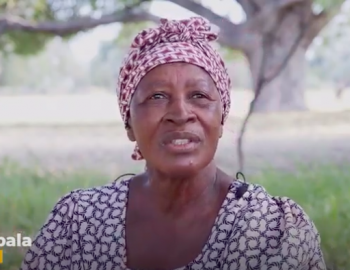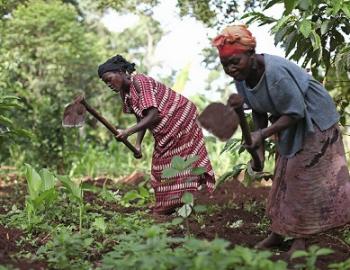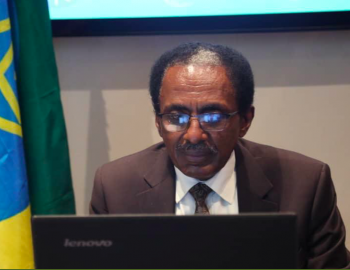Case Study: Catalysing leadership on efficient bagasse processing
Case Study: Catalysing leadership on efficient bagasse processing
The agriculture sector presents a massive opportunity for private sector investment on climate resilient and compatible initiatives. One such opportunity lies in utilising agricultural wastes to produce electricity which is valuable in developing countries where electricity supply is less than demand.
Pakistan’s sugar industry has been proactive in taking advantage of this low emission, and cheap solution to the energy problem that has plagued the industry sector in the country. Using bagasse to produce electricity, sugar industry has the potential to produce 1000MW of electricity which is one quarter of the current electricity shortfall.
This case study was developed by Climate Development and Knowledge Network (CDKN) and Iqbal Hamid Trust (IHT) based on content presented at the Asia Low Emission Development Strategies (LEDS) Regional workshop 2015 in a session titled 'Leadership by Investors and Businesses: Case by Business-Led action' . It provides an overview of the leadership exercised by the private sector in sugar sector in Pakistan, and ways in which this can be replicated in other countries.



